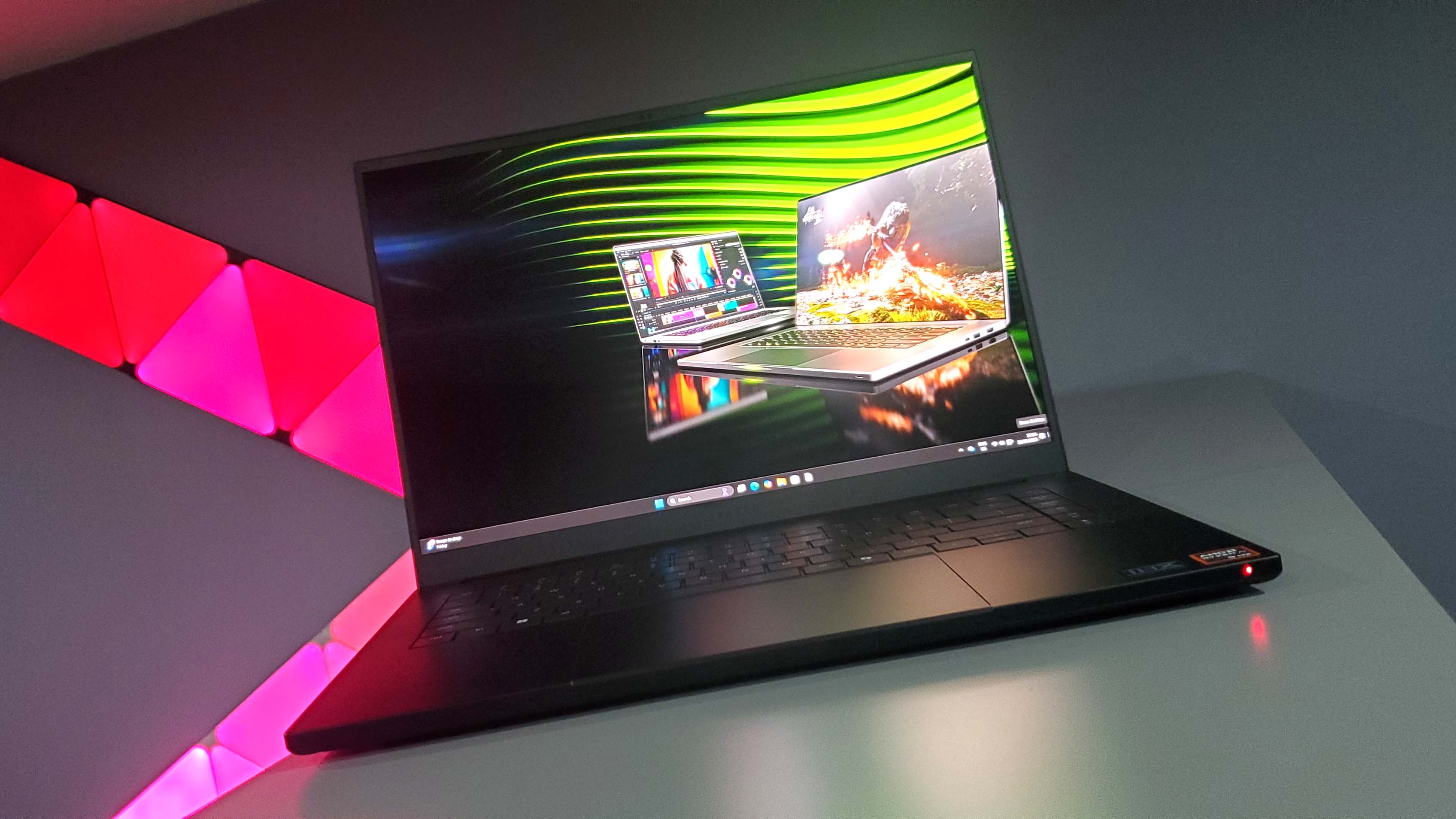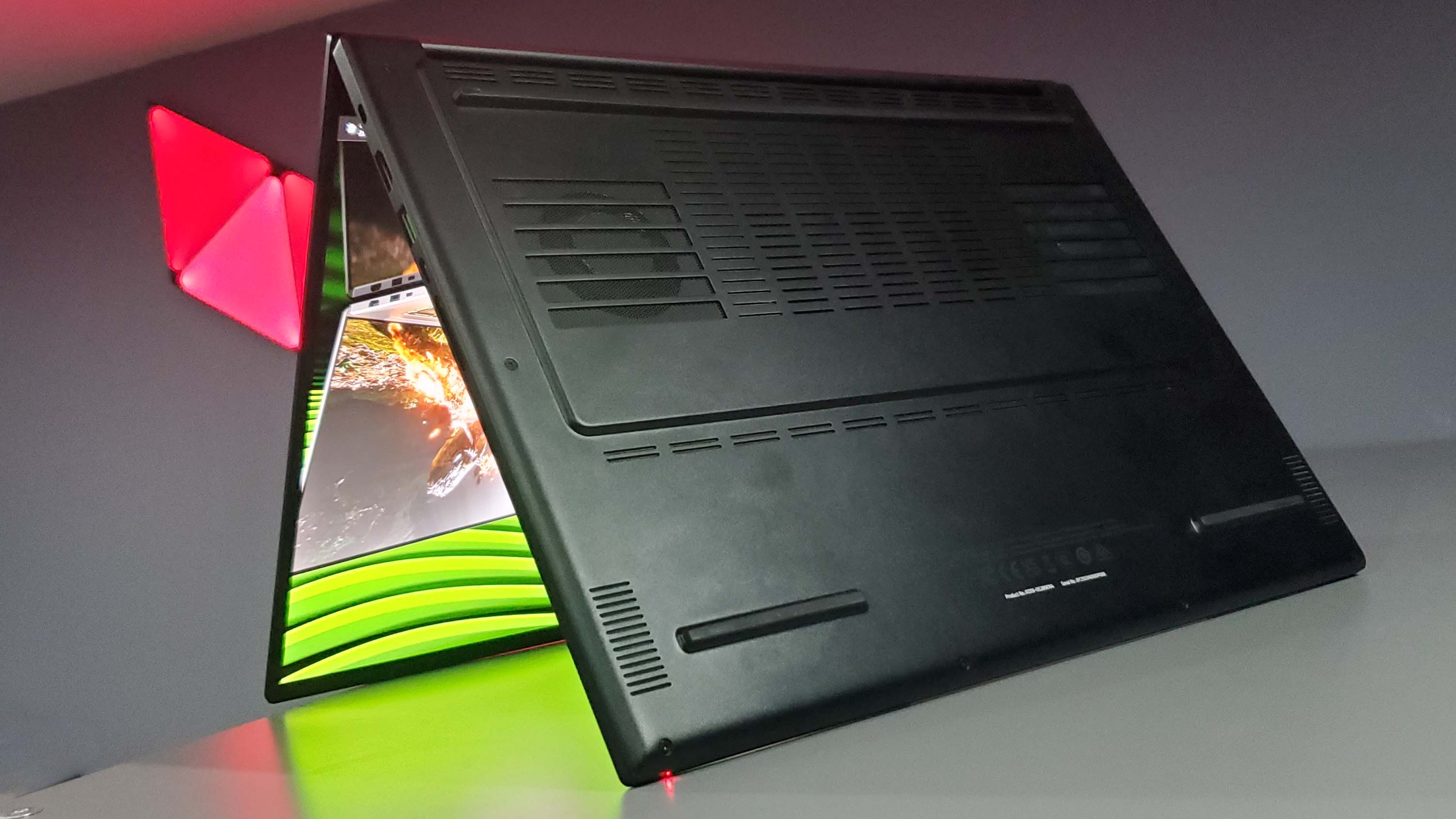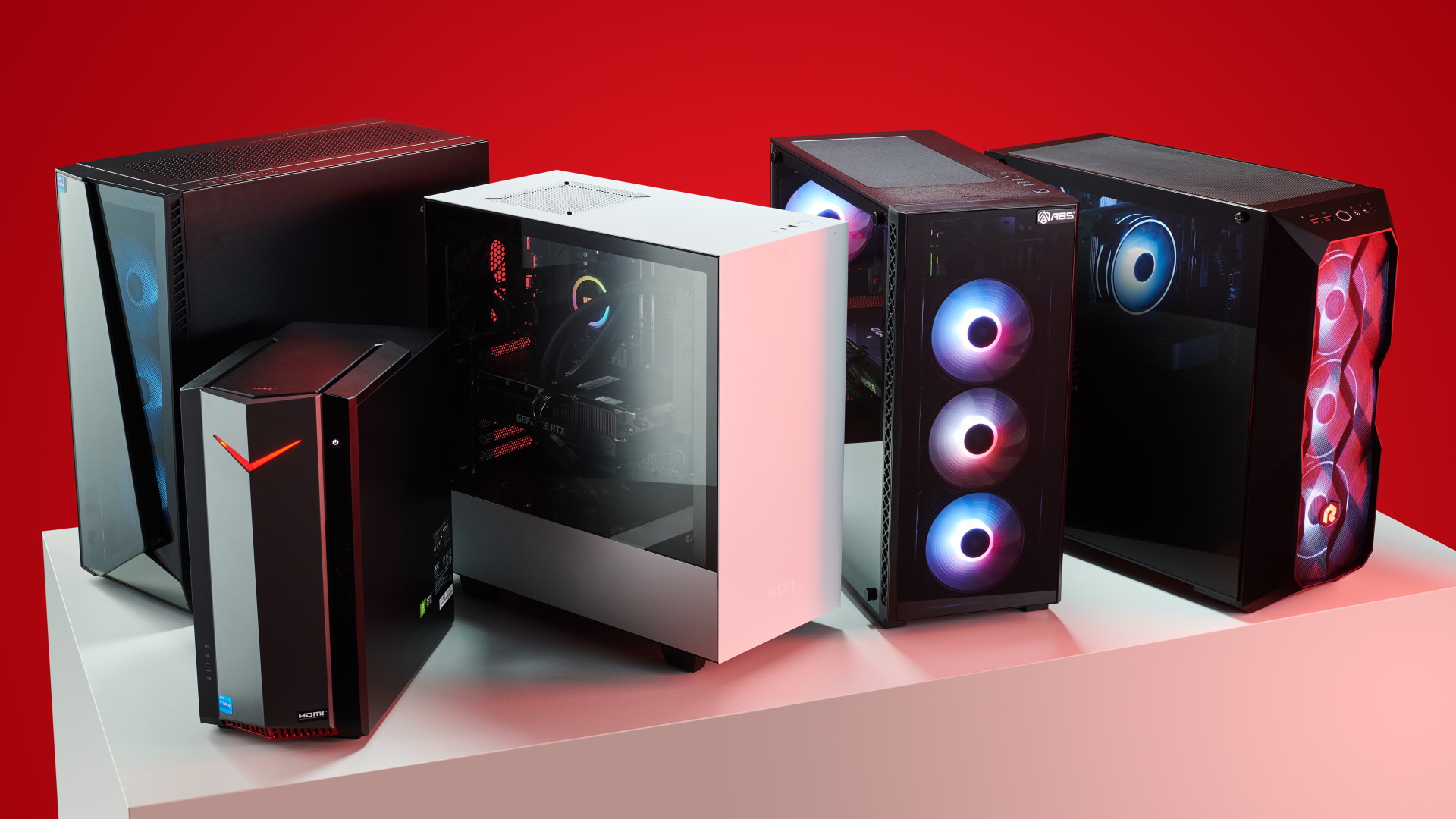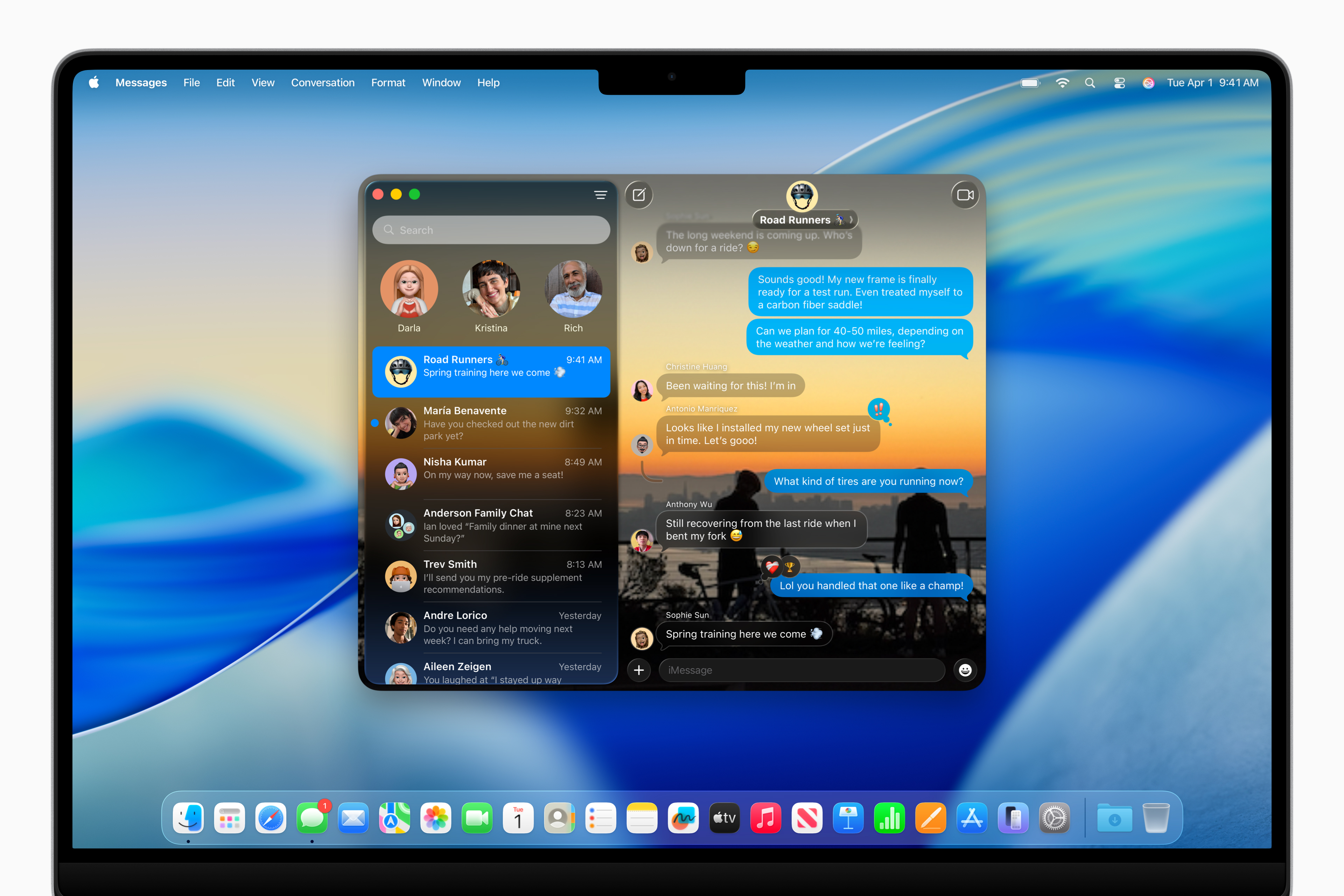
Hopefully as efficient as some other RTX 50-series laptops we've seen.
As we move into May, we’re looking forward to more decidedly budget-sector laptops and gaming PCs, thanks primarily to upcoming entry-level GPU releases. And despite real prices rarely living up to MSRP expectations right now, there’s a glimmer of hope for budget laptops and gaming PCs on the horizon, and we’re now seeing glimpses of this in the wild, so to speak, as the first RTX 5060 laptop benchmark results have been spotted.
The two GeekBench OpenCL results (one and two) were spotted by X user Olrak29 (via VideoCardz) and show a Colorful “iGame M15 Origo” and “P15 Pro” achieving 102,564 and 109,431 on the benchmark, respectively—both with an RTX 5060 laptop GPU inside.
It’s difficult to say much on the basis of an OpenCL score, not least because the OpenCL framework isn’t used by devs for most GPU rendering tasks, although it’s still useful for some. That, and GeekBench scores can also vary wildly, and there’s no indication of what power limits these RTX 5060 GPUs were running at.
However, with these caveats in mind, we can make a general comparison. VideoCardz says that these results are about 18% faster than an RTX 4060 laptop GPU. However, without the RTX 4060 mobile data it’s drawing from, we can instead refer to the GeekBench database and check out the average results.
According to these results, the RTX 4060 laptop averages a result of 89,099, which makes the two RTX 5060 laptop results shown here 14% and 22% faster than the previous-gen GPU, respectively (I can’t help but notice that, perhaps coincidentally, the average of these two percentages would be 18%).
But that 89k number is based on the database that, as we can see, has some wildly varying results due to all kinds of different system configurations. And in fact, there are some RTX 4060 laptop results that match up to these RTX 5060 laptop ones, such as one that hits 104,509.
What’s more definite than the performance results are the clock speeds for the RTX 5060 laptop GPUs, which are shown to be 2,025 MHz and 2,212 MHz. This isn’t far out of line with the RTX 4060 mobile GPU, which has a maximum boost of 2,370 MHz—the Asus TUF A14 that I frequently use boosts up to 2,225 MHz, for instance.
There should be more headroom for RTX 5060 laptop chips on this front, though, as Nvidia lists the RTX 5060 laptop GPU as having a max boost clock of 2,497 MHz, compared to 2,370 MHz for the RTX 4060 laptop GPU.
Best gaming PC: The top pre-built machines.
Best gaming laptop: Great devices for mobile gaming.
One thing we do know for certain is that the RTX 5060 mobile will have just over 8% more cores than the RTX 4060 mobile—3,072 for the RTX 4060 vs 3,328 for the RTX 5060.
We can and should therefore expect at least 8% better performance, in general, notwithstanding variability due to clock speeds and TDP limits. Throw in some architectural improvements and the 18% quoted performance increase might not be too far-fetched, especially for laptops with high-end CPUs in them like these. We’ll just have to wait and see.
RTX 5060 laptops were only officially announced a couple of weeks ago and should be launching next month, although we’d all been pretty sure about that even before the official announcement—it was hard to ignore that laptop vendors were confirming RTX 5050 and RTX 5060 laptops beforehand.
Nvidia says RTX 5060 laptops will start at $1,099, but I doubt that’ll be for anything like these Core i9 and Core Ultra 9 models listed here. Still, given how highly we rate the power efficiency of higher-end RTX 50-series laptop chips—this being one reason the Razer Blade 16 (2025) now sits at the top of our best gaming laptops list—even low-end RTX 5060 laptops are something to be tentatively excited about. Stocks willing, of course.






